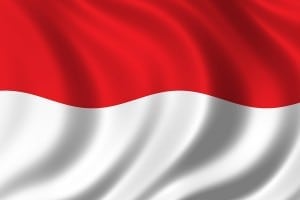By Nadia Saleem, Staff Reporter
Dubai:
Ninety-five per cent of American food items found in supermarket
shelves in the UAE and some other Gulf countries are not halal even
though they may be certified as such, an industry specialist said at
the Halal World Expo in Abu Dhabi.
Jalel Aossey, director
of Midamar, a US-based international supplier of halal food and
foodservice equipment, said that there is a significant flow of
non-halal food items in the region from meat-supplying countries, and
the Gulf countries need tougher regulations to stop that flow.
“On one side you have
producers who genuinely don’t know what they have to comply with
because of a lack of education from the industry. But you also have
companies and exporters that are deliberately defrauding governments
and consumers by not complying with regulations because they don’t want
to pay the fees and the transition costs to make halal products,”
Aossey said.
Corrupt certifiers
Nearly 1.8 billion
Muslims around the world as well as some non-Muslims are fuelling the
halal food industry, generating sales of $2.1 trillion annually,
according to recent reports. The attractive halal food industry is
drawing many dubious players.
“Corrupt certifiers get
a taste for the money generated producing “paper halal certificates”
for companies without actually performing any work,” Aossey said.
On regulatory measures,
Aossey said, “People have to realise that it is not impossible, and
that it’s not too costly to put the correct halal standards in place
here. There’s a big misconception about how difficult this process is.”Nordin Abdullah,
executive director of Kasehdia, a communications and consultancy
company in Malaysia, and publishers of The Halal Journal earlier
told Gulf News, “The global halal industry is still in its infancy
because huge awareness is required, especially in the Middle East.”
The major producing
nations are Australia, New Zealand, Brazil and Canada, Abdullah said,
from where halal and non-halal meat is supplied.
Aossey said that
inspection teams can be sent to the various countries where food is
being produced to allow it to be inspected, at that country’s cost.
“This is nothing when you consider the huge dollar volume of food
products exported to the UAE and other Gulf countries.”
In the UAE, 80 per cent of imported food is said to be halal, coming from countries such as Brazil and Australia.



